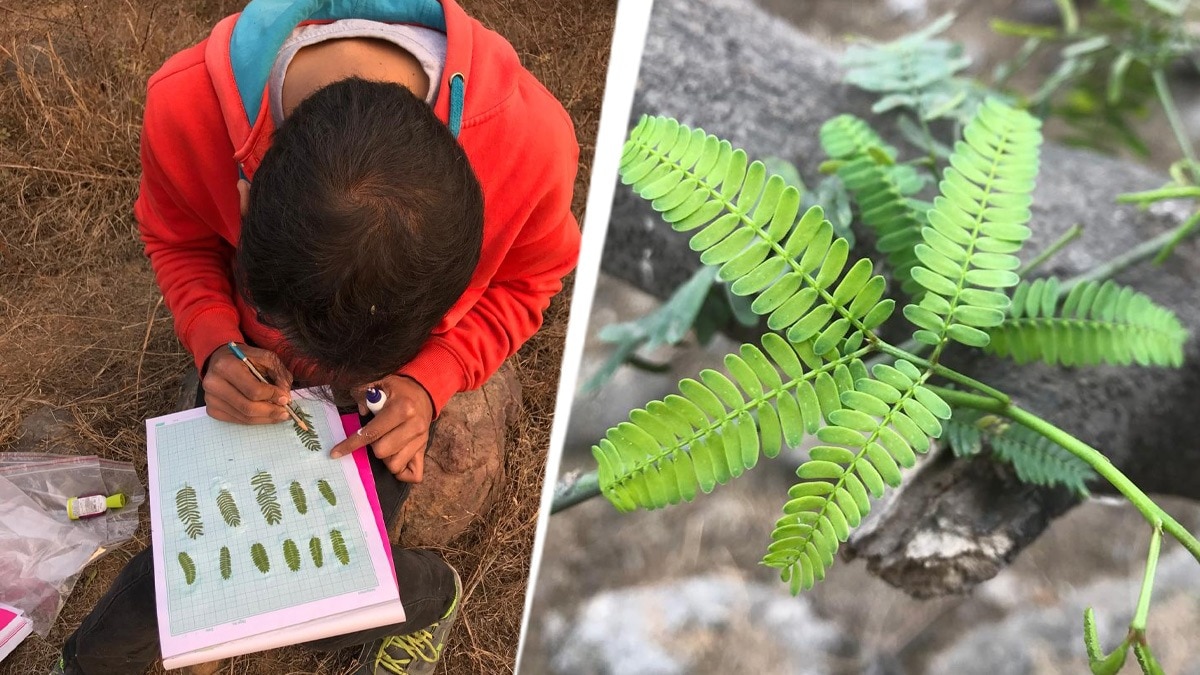The brutish government had planted these trees in India, now spreading everywhere, the water of the land, the shocking revelations in the study – Vilayati kikar is success our soils dry new study by dr mk pandit Scientist ntcpmm
All kinds of trees and plants in India are out, but some plants are quietly ruining our land and water. One such tree is Prosopis Juliflora. It was brought to India in the 1850s, the British rule. Their aim was to stop the desert and make the land fertile, but the reality was the opposite. Today, this tree has spread like a dangerous grass-dat in many states of India and due to this, the difficulties of farmers are increasing.
How did the Keechakar Kikar come to India?
Actually, the roots of this tree are connected to Central and South America. It was first planted in Rajasthan and Gujarat to prevent the desert from spreading. But this tree started spreading uncontrollably in a few years and now it has spread for a ‘dangerous level’ all over the country. It is also called a vilate acacia in common language.
Why is it being said that it is harmful?
A research at the recent National University of Singapore and UK’s Gelots Hill International Research Center has proved that Vilayati Kikar has become a major threat to Indian farmers, soil and water resources. This research revealed that this tree:
More water absorbs with soil: It draws a lot of water from the land around it, which does not save moisture for other trees and plants.
Underground water level is falling: In areas where this tree is spread in large quantities, the sources of water have gone down from 40 to 90 feet. In many areas, wells have dried up completely.
The agricultural land is damaging: Crops are drying up due to this tree, and farmers are facing severe shortage of water.
Eliminating local trees and plants: This tree does not leave space for other native trees, such as neem and khejdi. This hinders their growth process.
Can become even more dangerous with global warming: Research found that as the temperature rises, this tree will start pulling even more water, that is, the water crisis can become even more serious.
Farmers’ difficulties and government’s apathy
This tree is spread rapidly in many states of India like Rajasthan, Gujarat, Maharashtra, Madhya Pradesh, Karnataka and Tamil Nadu. The crops of farmers are drying up, but no specific attention is being paid by the government. Many farmers do not understand why their water sources are drying up. By the time they understand the reason for this, it is too late.
What are scientists saying?
The chief scientist of this study, Prof. Maharaj Pandit told Aajtak.in that the condition of farmers is getting worse due to this tree, but it is not being taken care of. The government should investigate this problem deeply and take concrete steps against this tree. Another scientist involved in the study, Dr. Kumar Manish, who is a professor at OP Jindal University, says that many studies have confirmed that Vilayati Kikar eliminates soil moisture and makes the surrounding environment barren.
This tree spreads like this
Through air and birds: Its seeds easily spread in the air or spread far and wide through birds.
Spreading rapidly on drought and barren land: It thrives in areas where rain is less.
Deep and strong roots: Its roots are so strong that it draws moisture inside the ground very quickly.
Scientists suggested solutions
Removal of wilate kikar: The government should plan to eradicate this tree on a large scale. It should be removed and indigenous trees like neem and khejdi should be placed in its place.
To make farmers aware: Farmers should be informed about its loss, so that they take initiative to remove it themselves.
government policies: The central government should run a mission at a national level in this direction, so that water wastage can be stopped.
Promoting local trees and plants: Neem, Khejdi and other native plants should be planted in barren areas, so that the ecology remains balanced.
The threat of Banni Grasslands of Gujarat
Pro. Pandit has especially mentioned in the study of Banni Grasslands in Gujarat. He says that the entire ecology of this region has been in danger due to the vilate kikar. If it is not stopped soon, many local bird species and other animals may be extinct.
Calling this in easy language, Vilayati Kikar is eliminating the soil and water of India like a silent water-thorough. This is not only a threat to farmers, but can also prove dangerous for the biodiversity and ecology of the entire country. Scientists say that if concrete steps are not taken soon, it can make many parts of India barren.
(Tagstotranslate) vilayati kikar






